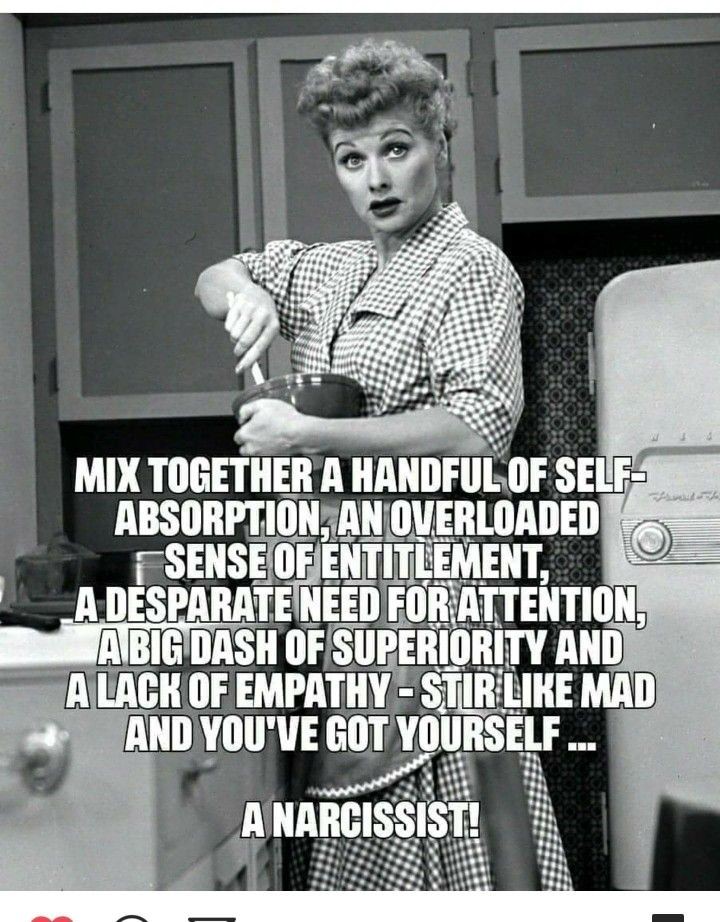
Managing Narcissists During Divorce and Separation is critical to allowing separated spouses and their children to move forward successfully to better times. In today’s blog Maclean Law senior family lawyer, Peter Graburn, explains how clinical narcissism affects separated families. Peter also provides tips on managing narcissists during divorce and separation. Many experts believe it is very hard for a narcissist to change their traits which makes the issue challenging for separated spouses.
Vancouver Managing Narcissists During Divorce and Separation 604 602 9000
Gaslighting. Blame shifting. Stonewalling. We hear these terms a lot when dealing with suspected narcissism during separation and divorce. Dealing with a narcissist during separation and divorce (as during the relationship) can be one of the most frustrating and stressful events of your life. Narcissists: only care about themselves; don’t play by normal rules, and; don’t care who they hurt in the process (even their own children). So how do you deal with a narcissist during separation and divorce? More importnatly what can you and your family lawyer do in best managing narcissists during divorce and separation?

What Is Narcissistic Personality Disorder?
Narcissistic Personality Disorder (NPD) is a mental condition in which people have an inflated sense of their own importance, a deep need for excessive attention and admiration, troubled relationships, and a lack of empathy for others (Mayo Clinic). In a previous article Dealing with Narcissist During Divorce , we set out some of the characteristics of narcissists and suggestions on how to deal with them during separation and divorce.
But more specifically, how have the Courts in Alberta dealt with the issue of narcissism during the process of separation and divorce? One of the earliest references to narcissism in the Alberta Courts was in the 1998 case of G(L.H.) v. G(C.B.) (1998 ABQB 530), where the Respondent father had conducted a “vitriolic letter-writing campaign” (over 400 letters) against the mother including letters to her family, church, employer, friends and associates (as well as her lawyers and the diagnosing psychologist). In summarizing the psychologist’s diagnosis of the father, Alberta Court of Queen’s Bench Justice L.L. Jones noted (at para. 34):
Dr. Hindmarch testified … that the results of the Respondent’s psychological profile according to the MMPI reveal a lack of impulse control, a great deal of anger that is often projected outward, an inability to learn from mistakes, an egocentric world view, and narcissistic and demanding tendencies. I accept the testimony of Dr. Hindmarch that these personality traits are fairly immutable and do not tend to change over time. I also accept the testimony of Dr. Hindmarch that because of this personality trait the Respondent has an honest but nonetheless changed viewpoint to that of others who might view the same circumstances.
Ultimately, Justice Jones ordered highly supervised access by the father to the children for an indefinite period of time, fully accepting the psychologist’s findings that the father was not capable of exercising sufficient self-restraint from including the children in his campaign against the “enemy camp” (the harm of which would clearly not be in the children’s “best interests”). Here, Justice Jones declined to order the father to take psychological or psychiatric treatment for his psychological state, indicating any such treatment was unlikely to help him in the future (at para. 48).
Calgary Managing Narcissists During Divorce and Separation 403 444 5503
More recently, in the 2016 case of U(L.A.) v. U(I.B.) (2016 ABQB 74) [described as an “unusual case” due to the highly unusual conduct of the father both before and during the trial, including not testifying), the father made issues of systemic racism and related discrimination (against himself and the children) and culture the main focus of the case. In summarizing the psychologist’s diagnosis of both parents, Alberta Court of Queen’s Bench Justice P. Michalyshyn noted (at para. 111):
“…[the father’s] severe parental deficiency and willingness to sacrifice his children’s needs (thus placing them at risk of psychological harm) in order to feed his own fragile ego, similar to those who are narcissistic alienators”. “…The data generated throughout this evaluation strongly suggests that [the father] has largely been responsible (but feels no accountability) for the havoc created in his relationships … [the father’s] accusations of child abuse, sexually inappropriate behavior, irresponsible behavior, and alienation are smokescreens for his own abusive behavior.”
Here, in awarding sole custody of the children to the mother and limited, supervised access by the father (at the total discretion of the mother), Justice Michalyshyn did not accept the father’s “apparently sincere if vague acknowledgment of past inappropriate (both pre and during trial) conduct”, noting (aside from not testifying at trial and ‘faking good’ in psychological testing) the father admitted no fault in his dealings with the mother. Justice Michalyshyn noted the father was likely to derive little benefit from treatment or therapy, as the father did not view the relationship with the therapist in a positive way (at para. 113).
Finally, in the 2017 case of A.E. v. T.E. (2017 ABQB 449), the father (and occasionally the mother) was emotionally and verbally abusive to the mother in front of the children. The father would “milk” his goodbye’s with the children. In reviewing the Practice Note 8 (bilateral assessment) comments and psychological assessment (MMPI-2) on the father, Alberta Court of Queen’s Bench Justice W.N. Renke noted (at para. 337-338):
Two elements of the PN 8 assessment are relevant… Second, the Father’s MMPI-2 results alarmed Dr. Seitz. The results were indeed alarming:
Clinical scale scores were elevated in a pattern suggesting that [the Father] has a poorly developed conscience and fluctuating ethical values. Individuals who produce this pattern have been described as narcissistic, selfish and self-indulgent. They can be impulsive and are unable to delay gratification of their impulses, frequently displaying poor judgment, and acting without consideration of the consequences of their acts. Often, they fail to learn from experience. They are not willing to accept responsibility for their own behaviour and tend to blame others for their problems. They have a low tolerance for frustration and can appear to be moody and irritable. Such individuals hold intense feelings of hostility and may express them in occasional emotional outbursts …
The characteristics revealed by the MMPI-2 scores are not the characteristics associated with good parenting. Selfishness and self-indulgence are antithetical to good parenting – children and their needs must come first. Impulsivity and failure to consider consequences of acts could lead to conduct with the children that work to their detriment. Patience and not frustration is required of a parent. [emphasis added]
Here, in awarding primary care of the children to the mother and specific, (conditionally) increasing parenting time by the father, Justice Renke ordered the father submit to drug testing and a mental health assessment, while only encouraging (not ordering) personal counselling (at para. 353).
Tips For Managing Narcissists During Divorce and Separation
Separation and divorce is difficult. But dealing with someone with a Narcissistic Personality Disorder (NPD) is even more difficult, and frustrating. So how do you deal with a narcissist during separation and divorce? Some suggestions include:
- Stop arguing – you will never “win” an argument with a narcissist;
- Separate – you will never change a narcissist’s behaviour;
- Get a Court Order – Judges and Justices can (usually) see through a narcissist’s tactics.
But more specifically, how have the Courts in Alberta dealt with the issue of narcissism during the process of separation and divorce? In each of the above cases, the Court raised the issue of therapy or counselling for the narcissistic behaviour but declined to order it, finding such treatment would most likely not be effective (or even followed), opting to severely restrict parenting time by the narcissistic parent instead.
For more tips on managing narcissists during divorce and separation read this
Key Takeaway
So how do you win in dealing with narcissists during separation and divorce? By getting separated & divorced from your ex-spouse as quickly as possible so you can move forward with your life. MacLean Law has offices across Canada and we are pleased to help you with this difficult issue.








